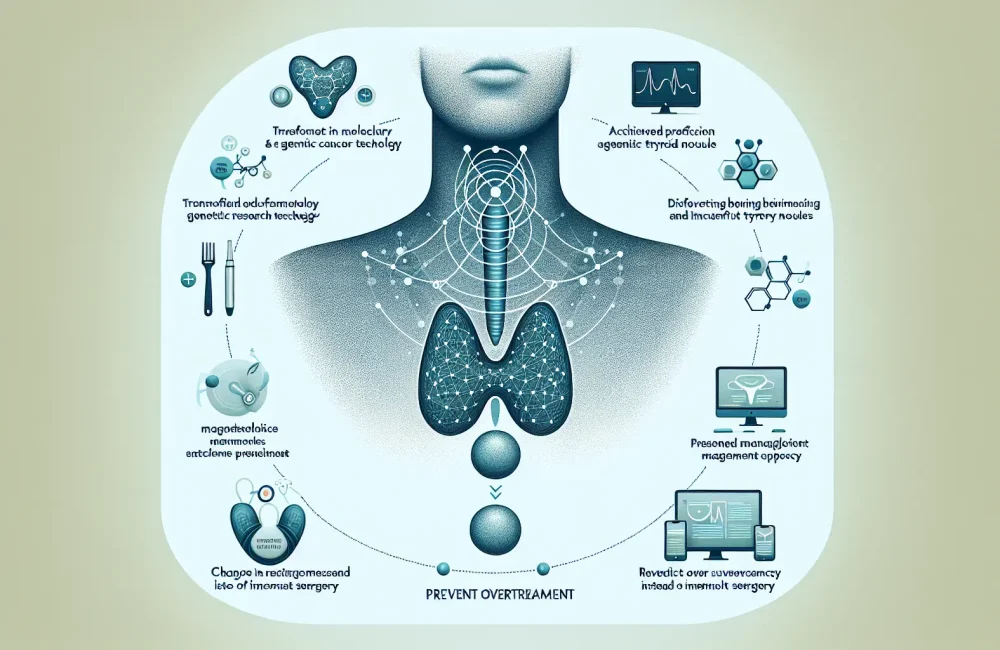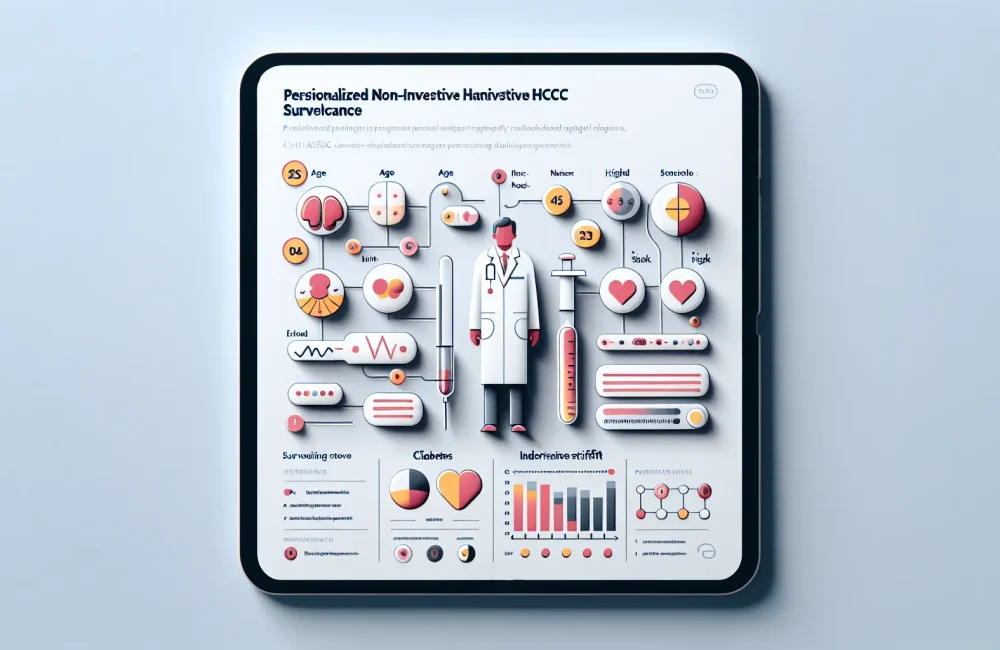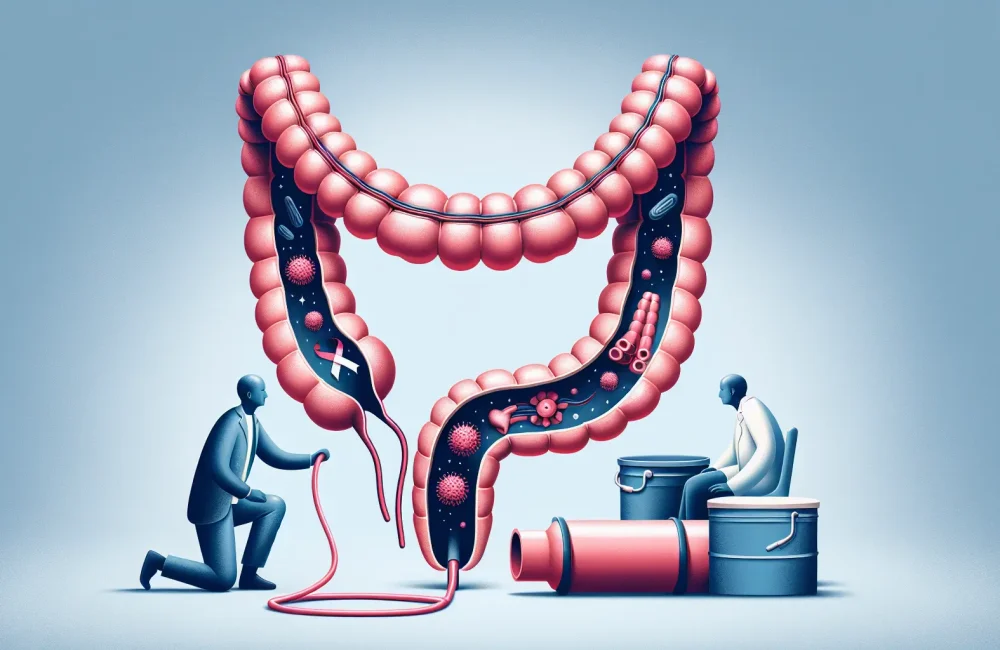By CAFMI AI From New England Journal of Medicine
Challenges of Menopausal Symptom Management in Breast Cancer Survivors
Menopausal symptoms are a common and often severe consequence of breast cancer treatments, including chemotherapy, ovarian suppression, and endocrine therapy. These treatments induce or exacerbate symptoms such as hot flashes, night sweats, vaginal dryness, and mood disturbances, all of which can substantially diminish a survivor’s quality of life. For clinicians managing these patients, one of the biggest challenges is balancing effective symptom relief against the potential risks associated with hormone replacement therapy (HRT). HRT, which is typically effective for menopausal symptoms in the general population, is often avoided or used cautiously in breast cancer survivors due to concerns about stimulating cancer recurrence, particularly in hormone receptor-positive disease. Consequently, clinicians must navigate a delicate therapeutic landscape where symptom management options are limited, and patient quality of life can suffer as a result. Understanding these challenges is crucial for developing comprehensive care plans tailored to the individual needs of breast cancer survivors experiencing menopause-related distress.
Emerging Therapies: Neurokinin-3 Receptor Antagonists and Multimodal Care
Recent advances have introduced neurokinin-3 receptor antagonists as a promising new non-hormonal treatment alternative for managing menopausal vasomotor symptoms in breast cancer survivors. These agents target the neurokinin-3 receptors involved in the thermoregulatory pathways of the brain, offering a mechanism to reduce hot flashes and night sweats without the risks associated with estrogen-based therapies. Clinical trials have demonstrated that this novel class of medications significantly decreases the frequency and severity of vasomotor symptoms, improving patient comfort and potentially enhancing adherence to ongoing cancer therapies. Importantly, the safety profile of these agents appears favorable, without evidence of increasing cancer recurrence risk, making them a viable option in this sensitive patient population. Beyond pharmacologic therapy, a comprehensive, multidisciplinary approach remains key. Behavioral interventions such as cognitive-behavioral therapy provide effective symptom relief by addressing mood disturbances and sleep problems linked to menopause. Additionally, lifestyle modifications—like temperature regulation strategies and exercise—along with vaginal moisturizers or lubricants for urogenital symptoms, form critical components of individualized care. An interdisciplinary collaboration among oncologists, gynecologists, mental health providers, and primary care clinicians supports tailored management plans that address the complex needs of breast cancer survivors.
Clinical Implications and Future Directions for Practice
The introduction of neurokinin-3 receptor antagonists offers a significant advancement in managing menopausal symptoms among breast cancer survivors, presenting clinicians with an effective and safer alternative to hormonal treatments. For primary care and oncology providers in the USA, understanding these therapies’ mechanisms and clinical trial evidence is essential to integrate them into survivorship care plans effectively. While initial studies report meaningful symptom relief with acceptable safety, ongoing research is necessary to determine the long-term effects, optimal treatment durations, and their role alongside other non-pharmacological interventions. Clinicians should be vigilant about differential diagnoses, including other causes of vasomotor symptoms and mood changes, ensuring comprehensive evaluation to rule out red flags such as recurrence or other endocrine disorders. Patient counseling should emphasize realistic expectations regarding treatment benefits, safety profiles, and the importance of adherence to multimodal regimens. Regular follow-up appointments are vital to monitor treatment effectiveness, adjust interventions as needed, and support survivor quality of life longitudinally. Furthermore, integrating these new therapies into primary care workflows alongside oncology follow-up can streamline care delivery and improve symptom control for breast cancer survivors navigating menopausal challenges. This holistic approach, supported by emerging evidence and interdisciplinary collaboration, has the potential to substantially improve the menopausal experience and overall well-being of breast cancer survivors.
Read The Original Publication Here






